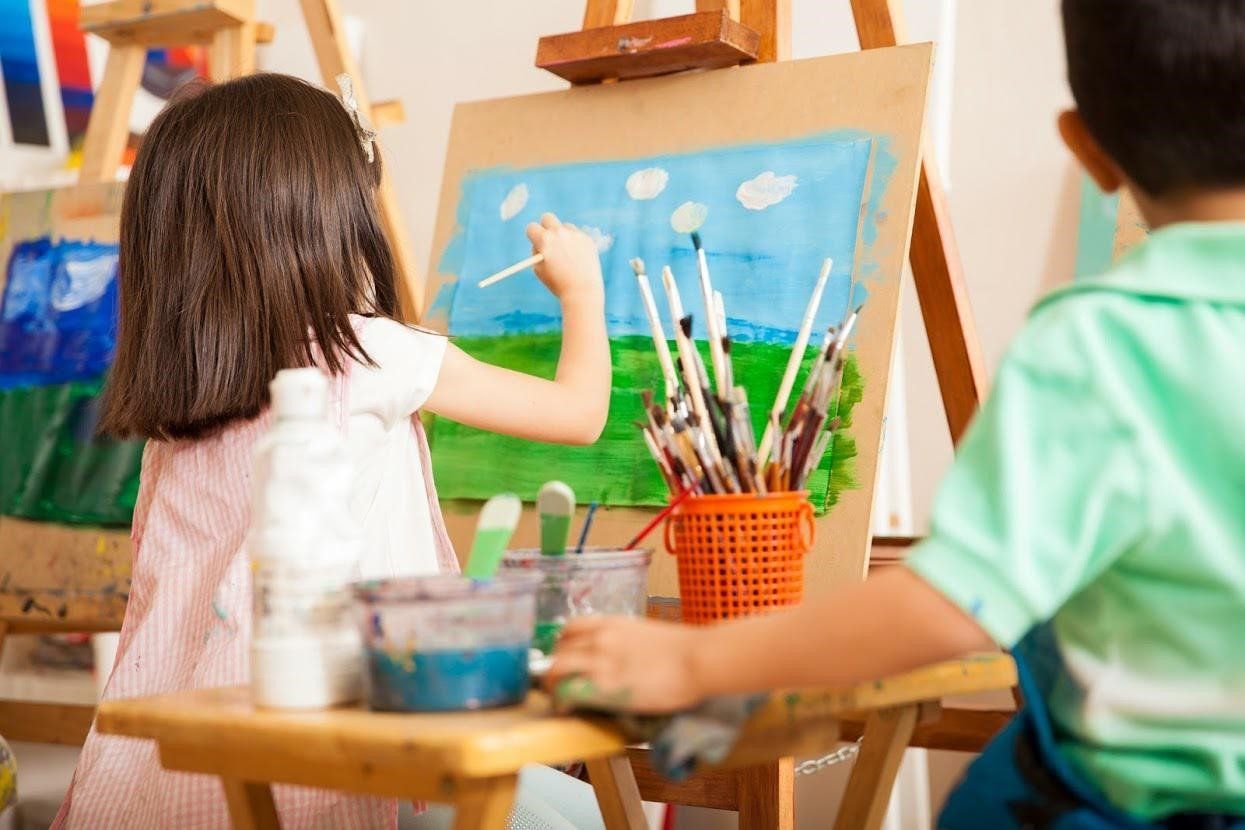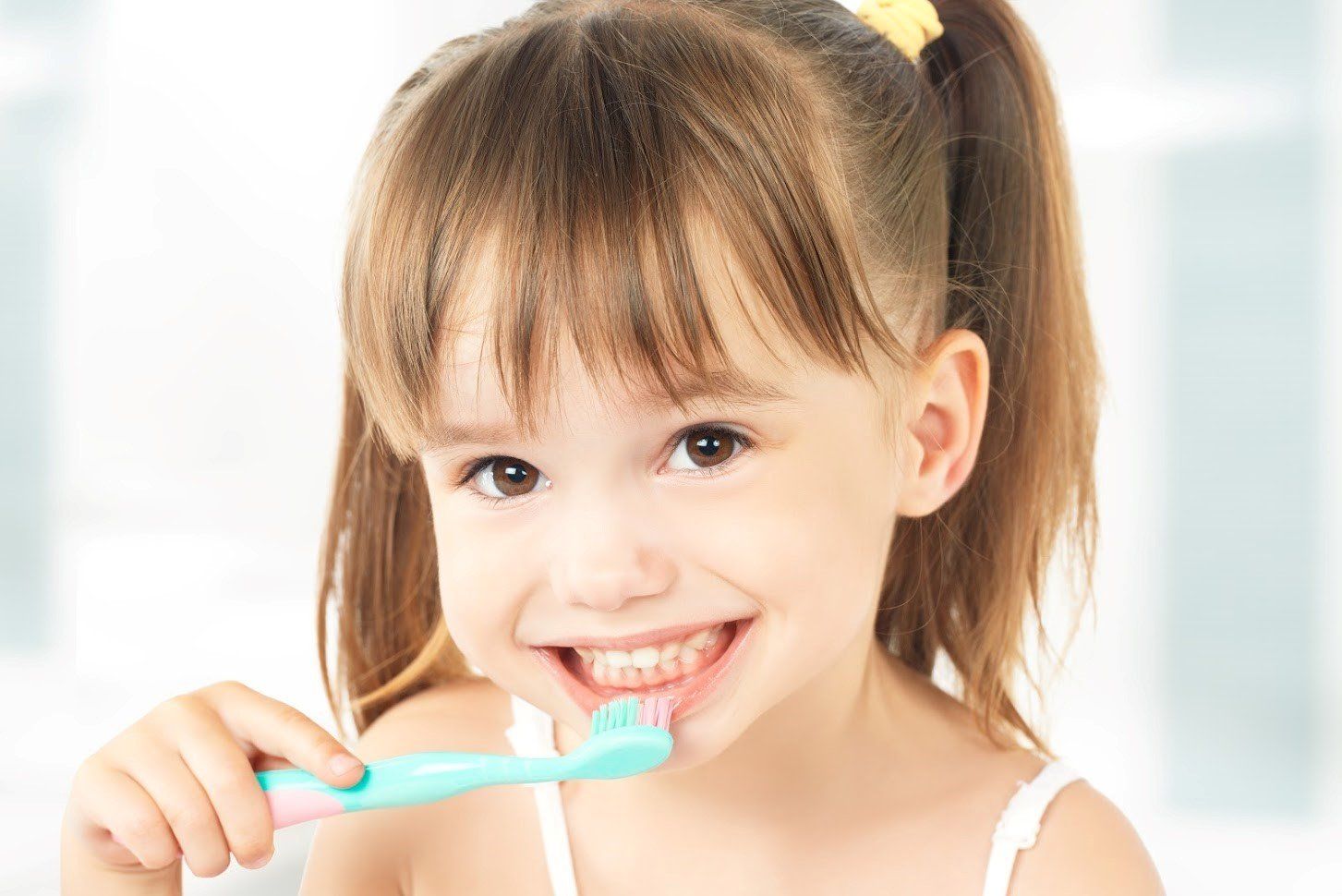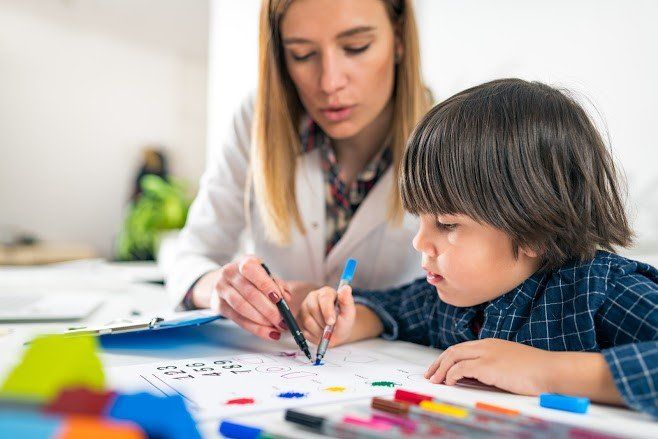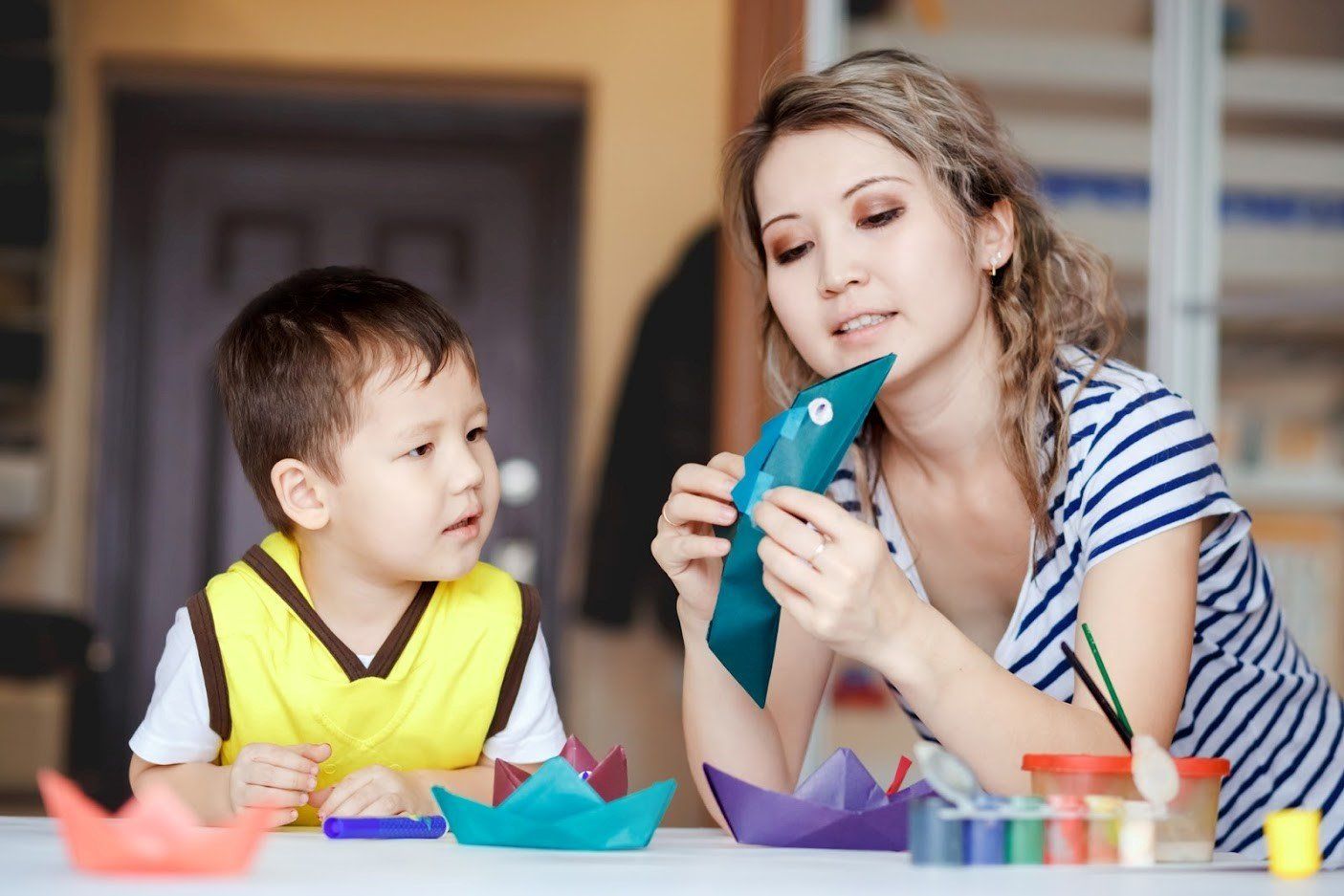6 Ways to Make Your Preschooler More Confident
Proper instruction only makes up a part of a child's future academic success. A child's confidence level is also a contributing factor. In fact, self-confident children often perform better than children do with less confidence. Learn how to foster self-confidence in your child to improve their future academic performance and sense of self.
1. Invite Questions
Children who lack confidence can often be too shy to ask questions in the classroom. Reluctance to ask a question may cause a child to miss valuable information and fall behind as a result.
Invite your child to ask questions at home. Create an atmosphere where your child feels they can ask anything. Your child should not feel like their questions are senseless or that he or she is a bother for asking you. The more your child understands the connection between questions and learning, the better.
2. Assign Responsibilities
Responsibility helps foster confidence in a child because this gives them a sense of value. Give your son or daughter a short list of tasks for which they are responsible.
For example, by the age of four, a child can help set the table or sort the laundry. The duty might seem unimportant to you, but to a small child, this means a lot. A child with responsibilities or chores feels like they play an important role in the family.
3. Encourage Adventure
Confidence and adventure often go together. As a parent, you might find shielding your child from disappointment or failure easier. However, belief in yourself is a learned behavior. Allow your child to learn from their experiences to improve their self-assurance.
Encourage your child to take safe chances. For example, if your child wants to take the training wheels off their bike, take them off. Provided the child understands proper balancing on their bike and wears protective gear, your child will gain more from the experience than they will lose.
4. Be an Example
Young children imitate their parents. Learn how to set a shining example of self-love and confidence in everything you do.
For example, when you dress in front of your child, avoid pointing out your flaws. Picking yourself apart is not healthy for you. The practice can also inspire an unhealthy habit in your child. While you do not have to overpraise yourself, show your child what a healthy sense of self looks like.
5. Teach Dedication
No one becomes the best at anything overnight — this takes hard work and effort. However, children who believe the opposite may be more apt to view themselves poorly when they do not get something right the first time.
You have the duty of teaching your child the importance of hard work and dedication. When your child hits a roadblock, do not focus on the failure. Take the opportunity to remind your child that they always have a next time and that if they try again, they will only get better. Even a small glimmer of hope can improve confidence in a discouraged child.
6. Limit Praise
Praise is a helpful confidence-building tool. Yet, too much praise is problematic. Learn how to praise your child only when the praise is earned.
Telling your child that they win all the time sets them up for future disappointment. Parents who offer praise when the praise is earned have more confident children.
Instilling a sense of confidence in your son or daughter is a lifelong gift. At Small World Early Learning & Development Centers, we want to help your child reach their full potential. Contact us to learn how we encourage confidence and high achievement in our students.










